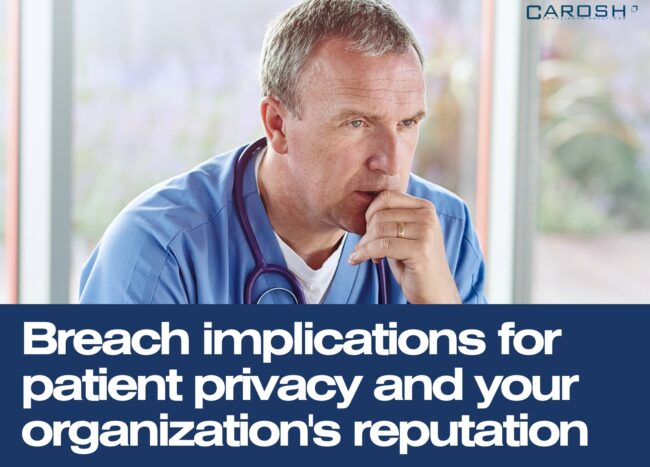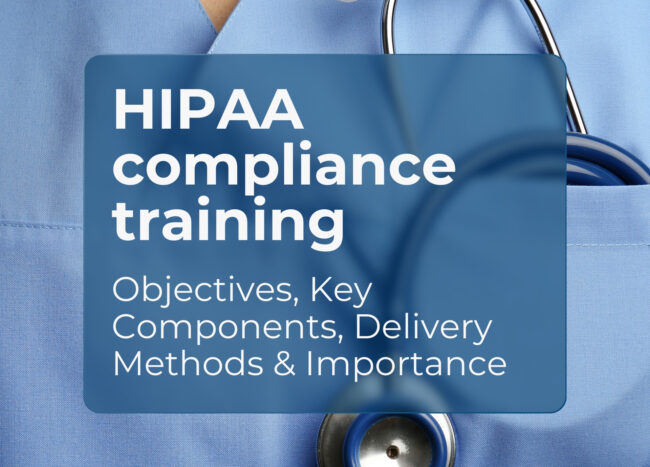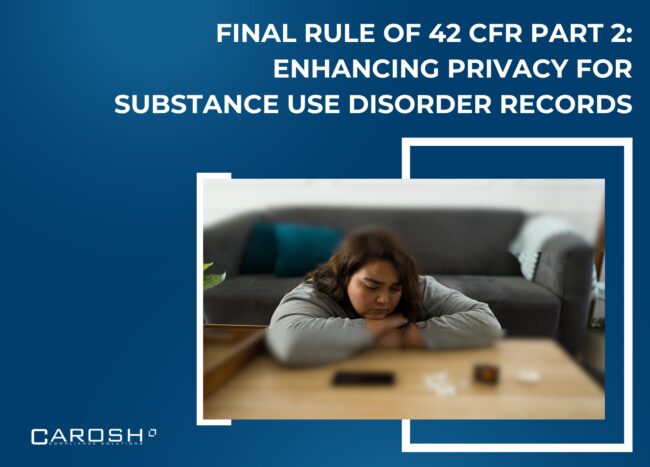Navigating the Aftermath of a HIPAA Data Breach
In today’s digitally-driven healthcare environment, the protection of Protected Health Information (PHI) is more crucial than ever. Under the Health Insurance Portability and Accountability Act (HIPAA), a data breach involves any unauthorized access, use, disclosure, or loss of PHI, posing significant risks to patient privacy and the integrity of healthcare services. This comprehensive guide delves into the components of a HIPAA data breach, the requisite steps for notification, and the consequences of such breaches, aiming to equip healthcare professionals with the knowledge to navigate these challenging incidents effectively.



